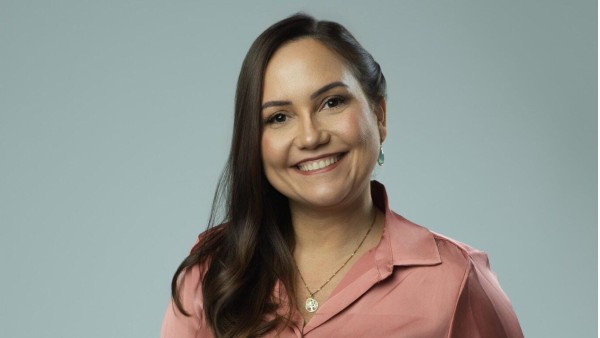Now, a new chapter in reproductive medicine is being written with the creation of the Global Organization for Gonadal Bio-Regeneration (GOGB), launched in June 2025 in Dubai, with participation from nine countries. Brazil’s sole seat in the organization is held by a Northeastern native: embryologist Dr. Salomé Espínola from Paraíba.
GOGB’s mission is ambitious: to develop scientific solutions capable of regenerating human gonads—ovaries and testicles—offering hope for individuals affected by infertility to once again conceive biological children. “We’re talking about turning back the hands of the biological clock and restoring people’s right to fertility,” explains Dr. Salomé, who represents Brazil alongside experts such as Italian scientist Cesare Aragona.
The organization emerges in response to the global rise in infertility, driven by factors such as aging, autoimmune diseases, cancer treatments, and early gonadal failure. Countries in the coalition include Italy, Egypt, the United Arab Emirates, the United States, India, Venezuela, Mexico, Spain, and Romania—all committed to accelerating science in favor of reproductive autonomy.
In practice, gonadal bio-regeneration involves therapies that stimulate the production of eggs and sperm using stem cells, 3D bioprinting, exosomes, gene therapy, and tissue engineering. “We aim to create alternatives to gamete donation and enable more people to have genetically related children, even after challenging diagnoses,” the specialist emphasizes.
GOGB also operates under strict ethical and safety protocols. While some clinical applications are already in early stages—such as trials with patients who have undergone chemotherapy—research continues under close monitoring to prevent risks like genetic instability or tumor formation. “Science must walk hand in hand with responsibility,” Dr. Salomé affirms.
Beyond scientific research, the organization will play an educational role, training professionals and accrediting clinics worldwide to ensure safe, accessible, and ethical practices. The expectation is that within the next 10 years, gonadal regeneration will become a concrete reality in specialized centers.
“This technology has enormous social potential. It can help infertile couples, cancer patients, and individuals with rare diseases. We’re talking about restoring dreams, emotional bonds, and dignity,” concludes Dr. Salomé, proud to represent not only Brazil, but especially the Northeast in this reproductive medicine revolution.

